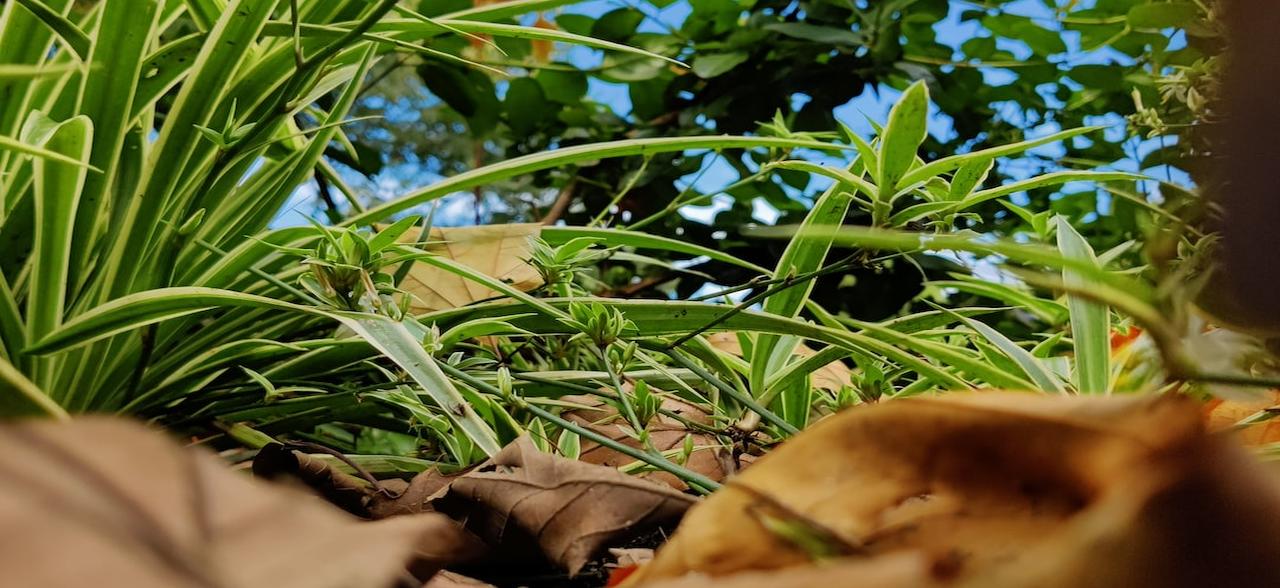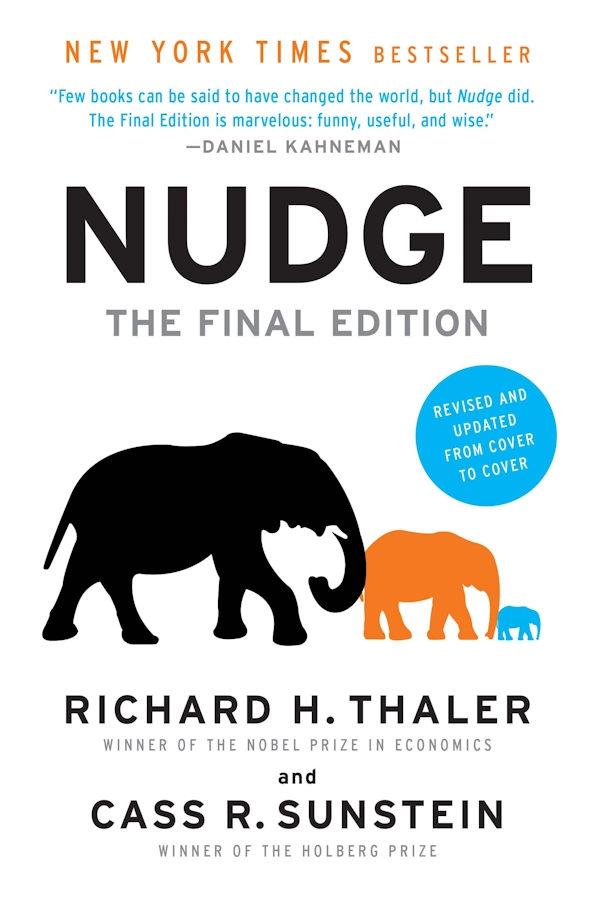Ants and Grasshoppers: Notes on Reading Die with Zero
“May you have the fullest lives possible, full of adventure and love.”
The main point of the book “Die with Zero” is that your life is the sum of your experiences. When we spend money and time on experiences, we not only feel happiness in the present but also continue to recall this joy in future life. Perkin refers to this as ‘memory dividends.’ Therefore, we should better utilize our life energy to create experiences and maximize our fulfillment from these experiences. This involves balancing ample spare time, money, and health, which vary in advantage at different stages of life.
We need to expend energy to work, earning money for experiences. However, relentlessly trading time for money can leave you with no time to experience life when your health is better. Emphasizing experiences excessively may lead to inadequate savings for future risks. The fable of the ant and the grasshopper illustrates this: the ant works in summer to store food for winter, surviving but missing the summer’s splendors; the grasshopper enjoys life in summer but dies in winter.
Perkin opposes both the ant, who diligently stores food but misses summer experiences, and the grasshopper, who only experiences a brief brilliance.
Ants and Missed Opportunities: The Summer Not Experienced
Perkin’s grandmother’s sofa covers serve as a metaphor for missed splendid experiences. To keep the sofa “new,” she covered it with protective film all year, only removing it on special occasions. It was uncomfortable and unattractive for daily use. This constant postponement of gratification wasn’t the original intent of buying the sofa.
Spending too much time earning or saving money also makes us miss experiences. Perkin notes that frugality in youth may not be as valuable as imagined. He initially saved every penny at the start of his career, but a superior made him realize that money saved then was essentially for a wealthier future self. The notion of saving for retirement to then enjoy life is often flawed, as physical constraints later in life can impede many experiences, like the exhaustion from long travels and jet lag.
One reason people save is the concern that early spending could leave them unable to afford high medical costs in old age. However, it’s important to realize that even with substantial savings, the end of life might just be a prolonged “existence” in a hospital: hooked to a ventilator, feeding through a nasal tube, a state far from “meaningfully living.” The happiness from spending on experiences while healthy far exceeds any joy in a hospital bed.
Grasshoppers and Life’s Fragility: Not Surviving the Winter
Focusing solely on spending, like the grasshopper who enjoyed summer but didn’t survive winter, is another extreme.
Perkin, in his youth, also experienced spending for the sake of spending, purchasing higher-priced items without considering their value. He notes that this automatic consumption pattern, like automatic saving, is meaningless.
Balance: Embracing the Present, Preparing for the Future
Thus, the book discusses balancing current life with future plans: enjoying summer like the grasshopper, and preparing for the future like the ant. It’s about more purposefully thinking about one’s life and making plans to experience at the right times.
Experiences depend on money. The ratio of saving to spending is influenced by one’s life stage, or expectations of remaining lifespan. Perkin believes that in youth, one should control their fear of adventure. Staying put seems safe, but it means losing many opportunities for experience accumulation. The cost of trial and error is lower in youth, with asymmetric risks offering more upside. Even in failure, there’s ample time to bounce back and generate positive memory dividends.
Indeed, compared to older adults, young people feel less urgency with time, but they shouldn’t assume they have unlimited time before death, continually postponing everything they want to do. As Perkin mentions, we experience numerous “mini-deaths” in life: aspects of us die, like when you realize your daughter no longer wants to watch the same cartoon with you, or the magic of Santa Claus only works for children aged 3 to 10. Being aware of the potential for things to fade makes us cherish everything more in the present.
To better experience various life events at appropriate times, we can use ‘time buckets’: a timeline from now until death divided into five or ten-year intervals, categorizing desired experiences into different buckets. If focused traditionally on money, many experiences might be postponed until financially better old age. Hence, Perkin suggests planning time buckets without considering financial status, focusing on life dreams, physical capability, and available leisure time. This approach allows more active life planning, like planning a trek across the ocean when physically fit and without childcare burdens.
Good health provides the foundation for better life experiences, so Perkin also advises spending time and money on maintaining health, like eating healthier and resistance training to strengthen muscles. Early health investments bring greater life fulfillment than spending on medical treatment in old age.
To avoid the grasshopper’s plight, Perkin suggests hedging longevity’s financial risks by purchasing annuities and long-term care insurance, cheaper than excessively saving for possible crises. However, specifics vary by country, primarily considering insurance as a way to hedge potential risks.
Returning to Perkin’s overarching theme, as he writes in the foreword to his daughter: “May you have the fullest lives possible, full of adventure and love.” To create such happiness and fulfillment, we need to consciously consider the kind of life we want and more actively plan our life’s time and money allocation.
Enjoy summer like the grasshopper, and prepare like the ant.



